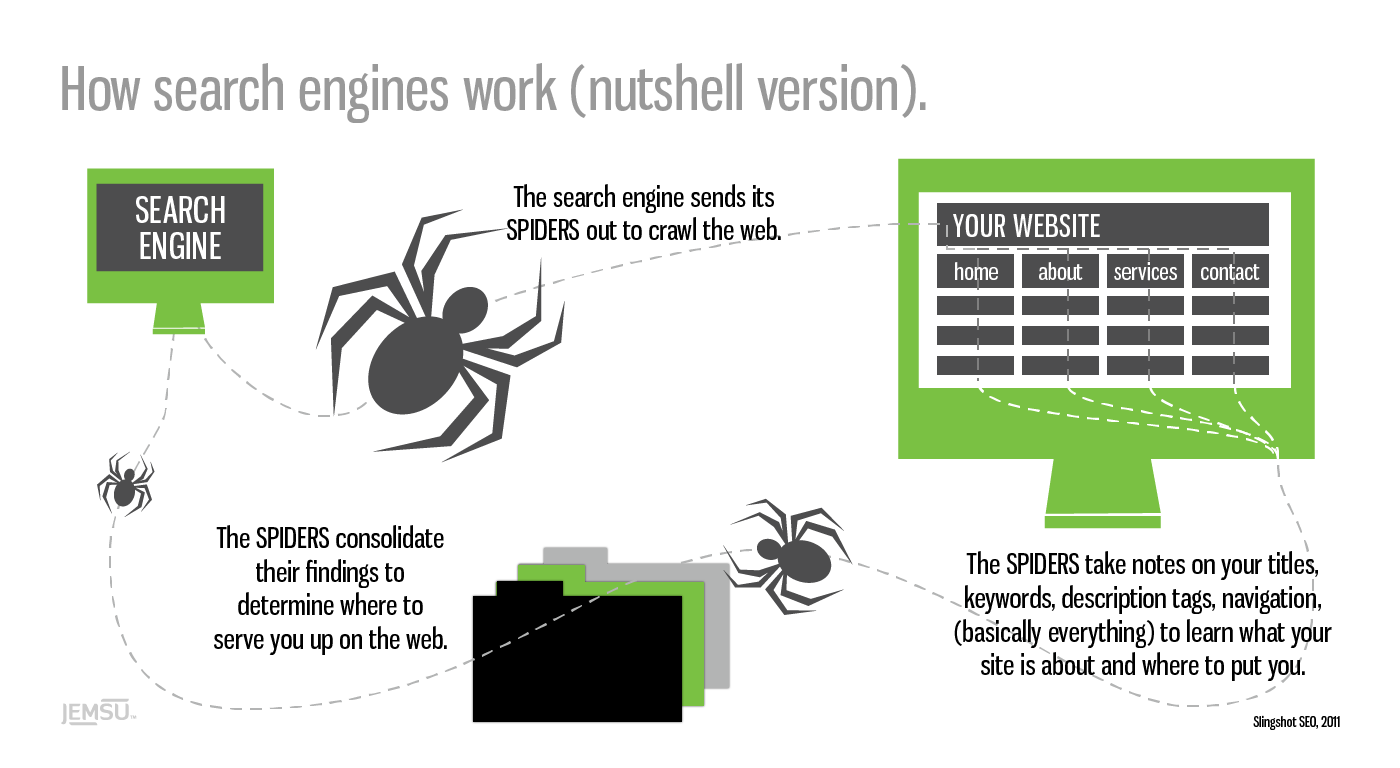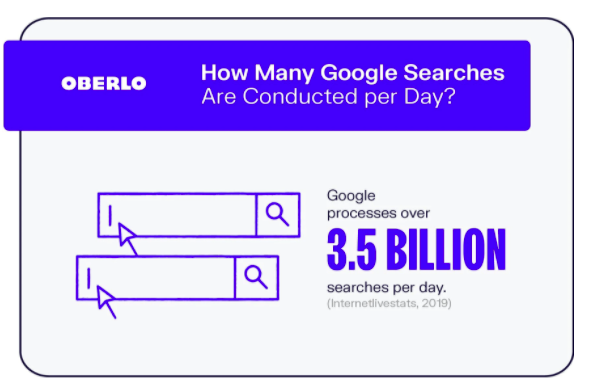How Google’s Search Engine Really Works (A Peek Under The Hood)
By Neil Patel
Google’s search engine is technically complex.
There are hundreds (maybe even thousands) of different factors taken into account so that the search engine can figure out what should go where.
It’s like a mysterious black box, and very few people know exactly what’s inside.
However, the good news is that search engines are actually pretty easy to understand.
We may not know every single factor (out of a hundred or thousand), but we also don’t need to.
I’ll bring it down to the basics with a simple method to please Google, rank higher, and bring in more website traffic.
I’ll also introduce some of the latest developments, like RankBrain, that help Google guess what you’re actually looking for (even if you don’t type it in).
First, I’m going to walk you through exactly how Google’s search engine really works so that you can see that it’s not as difficult to understand as you might think.
How Do Search Engines Crawl the Web?
Google’s first job is to ‘crawl’ the web with ‘spiders.’
These are little automated programs or bots that scour the net for any and all new information.
The spiders take notes on your website, from the titles you use to the text on each page to learn more about who you are, what you do, and who might be interested in finding you.

That may sound simplistic on the face of it.
Which is no small feat, considering there are more than 1.8 billion websites online today — with thousands of new sites popping up every day.
The first massive challenge is to locate new data, record what it’s about, and then store that information (with some accuracy) in a database.
Google’s next job is to figure out how to best match and display the information in its database when someone types in a search query. Scaling becomes a problem, though.
Google processes over 3.5 billion searches a day, and that number increases every year.

That means the information in its database needs to be categorized correctly, rearranged, and displayed in less than a second after someone expects it.
Time is of the essence here, because speed wins, according to Marissa Mayer back when she worked for Google over a decade ago.
She reported when they were able to speed up Google Maps’ home page (by cutting down on its size), traffic leaped 10 percent within seven days and 25 percent just a few weeks later.
Google won the search engine race because it’s able to:
- Find and record more information
- Deliver more accurate results
- Do both of those two tasks faster than any other search engine
One of the reasons Google is the front of the pack comes down to the accuracy of its results.
The …read more
Source:: Kiss Metrics Blog





